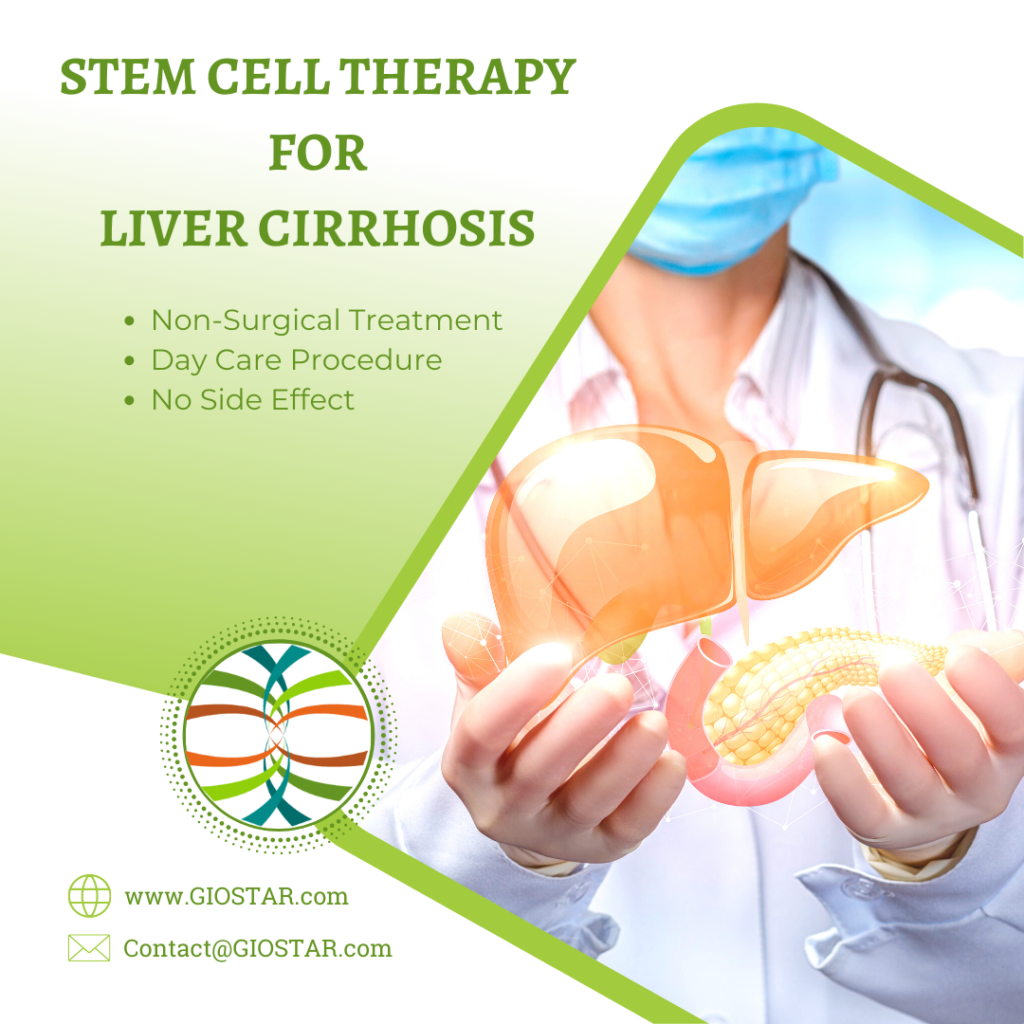What is Liver Disease ?
The liver is the second largest organ of the body, about the size of a football, lying just under the rib cage at the right side of the abdomen. It performs several important functions such as fighting infections and diseases, removing toxins from the body, controlling fat level of the body by releasing the bile, helping blood to clot, aids in digestions by breaking down complex molecules into simple forms.
Liver disease is a group term for vast range of diseases, which can damage the functioning of the liver.
How prevalent is Liver Disease?
60-70 million people are affected on an average with the digestive disorder, out of which almost 12-13 million people are suffering from all the forms of liver disorders. Almost 8000 patients are waiting for the feasible liver transplants options. 50,000 people have reported to be dead only in the US due to problem associated with the liver. The number is still increasing.
Factors responsible for Liver Disease
There are multiple reasons for the liver damage such as
- Infection: – Viral infection can damage the liver cells, cause inflammation and reduce its functional capacity. These viruses are known to gain entry into the liver through blood stream or semen of the person. Some of the common viral diseases damaging the liver are Hepatitis A, B, and C.
- Autoimmunity: – There are certain auto immune conditions, wherein body’s own immune system can attack liver cells to damage its functional outcomes e.g. autoimmune hepatitis, primary biliary cirrhosis, etc.
- Genetics: – A genetic manipulation may lead to the abnormal liver damage due to accumulation of various substances in the liver. This may ultimately cause a major liver problem such as Hemochromatosis or Wilson disease.
- Cancer Growth: – The cancerous degeneration of liver cells may affect the functioning of liver.
Apart from these factors stated above, there are certain dangerous key factors which are the part of our daily routine and hence are to be avoided such as
- Diabetes
- Increased salt intake
- Smoking
- Obesity
- Artificial Nutritional supplements
- Overuse of medications
- Inappropriate use of medications
- Long term exposure to pesticides and fertilizers.
Symptoms Associated with the Liver Diseases
Liver is the primary organ of digestive system and there are almost 100 different types of diseases are present, which are affecting men, women and children in equal proportions. Additionally, it is involved in performing as many as 500 different functions in the body. Any type of damage to the liver can cause major obstruction in these functions. Most of the liver problems express the same symptoms with some minute variations. Some of the common signs and symptoms are
- Loss of appetite
- Nausea
- Vomiting
- Jaundice
- Abdominal Pain
- Itching
- Distension of abdomen
- Swelling of lower limbs
- Weight Loss
- Weakness and fatigue
- Yellow discoloration of the skin.
Prognosis associated with the Liver Diseases
It is very mandatory to find out a cause and the severity of the liver damage to confirm the diagnosis. Some of the common diagnostic tests suggested by the doctors are
- Liver function tests
- CT scan and imaging
- Biopsy analysis
Some of the liver problems can be treated with lifestyle modifications such as stopping alcohol abuse, smoking, oily food. Whereas some or the other liver problems can be treated with either surgery or some technically advanced treatments such as stem cells therapy.
What goes wrong in the Liver Diseases?
In chronic liver diseases, liver is exposed to damage for very long periods of time due to which considerable liver cell loss take place. Since the liver damage is so large, the normal repairing processes of liver are insufficient to take care of the damage. Thus slowly and progressively, the function of liver is severely hampered.
The only available treatment with chronic liver diseases is liver transplant; however the demand is more than its supply! Additionally, the procedure is expensive and it is hard to find out a suitable matched organ for the transplant. Hence, it was the need of time to find out an alternative treatment option; that is effective, cheaper and risk free.
How Stem Cells Treatment for Liver Cirrhosis can help!
Stem cells are the mother cells that are responsible for developing an entire human body from a tiny two celled embryo; due to their unlimited divisions and strong power to differentiate into all the cells of different lineage. This power of stem cells has been harnessed by the technology to isolate them outside the human body, concentrate in the clean environment and implant back.
Thus, stem cells therapy for Liver Cirrhosis involves administration of concentrated cells in the targeted area, wherein they can colonize in the damaged area, adapt the properties of resident stem cells and initiate some of the lost functions that have been compromised by the disease or injury.
The different stem cells such as mesenchymal stem cells isolated from different sources of both allogenic as well autologous sources are known to be differentiating into cells of different organs beyond their originality.
Various researches going on in every nook and corner of the world has shown some great evidences of differentiation of stem cells into hepatocytes.
Treatment of Liver Disease at GIOSTAR
We have mastered the technology for isolating maximum number of viable stem cells from either the autologous sources of your own body or allogeneically with the matched donor to treat various patients with osteoarthritis. We are the licensed, private organization with the excellent, well equipped state of the art facility to isolate process and enrich the viable number of stem cells, which can be re infused back into the patient’s body. Generally, these cells are administered through any one of the below mentioned methods depending upon our expert’s advice:
- Local Administration:-Through this mode, cell are infused directly at the targeted site of injury. Thus in case of liver diseases, stem cells are infused directly in the liver.
- Intravenous Administration:- Through this mode, cells are infused through the veins to expand blood volumes in the central nervous system, to ensure that the maximum number of cells are reaching to the targeted area.
Once infused back in the body, these cells can be repopulated at the damaged parts of the liver, through their strong paracrine effects and differentiate into lost or damaged hepatocytes, create new blood vessels to improve the supply of blood or help in production of supporting cells to improve the functioning of the vascular system.
Thus with our standardized, broad based and holistic approach, it is now possible to obtain noticeable improvements in the patients with the liver diseases, in the symptoms as well as their functional abilities.
What Sets Us Apart
- Headquartered in USA.
- The founder is leading stem cell scientist credited with helping in setting up the stem cell research labs at top research institutions in the US including Salk Research Institute, Sanford-Burnham Institute, UCI, UCSD.
- Scientific And Medical Advisers/Consultants are comprising of luminaries who have worked at University of California, San Diego (UCSD), University of California Irvine (UCI).
- State of the art and the first private hospital in the India inaugurated by (then Chief Minister of State of Gujarat) and present Prime Minister of India.
- One of the world’s largest Stem Cell Hospital funded by the government of Gujarat, India.
Disclaimer : Results may vary for each patient. GIOSTAR practice the application of stem cell therapy within the legal regulations of each country.




